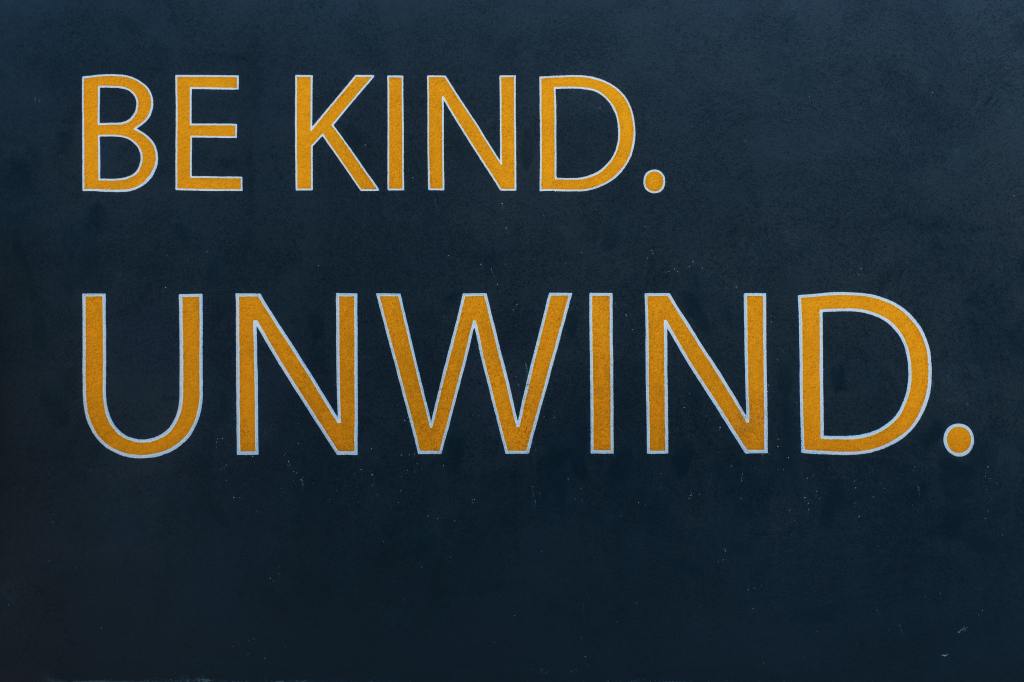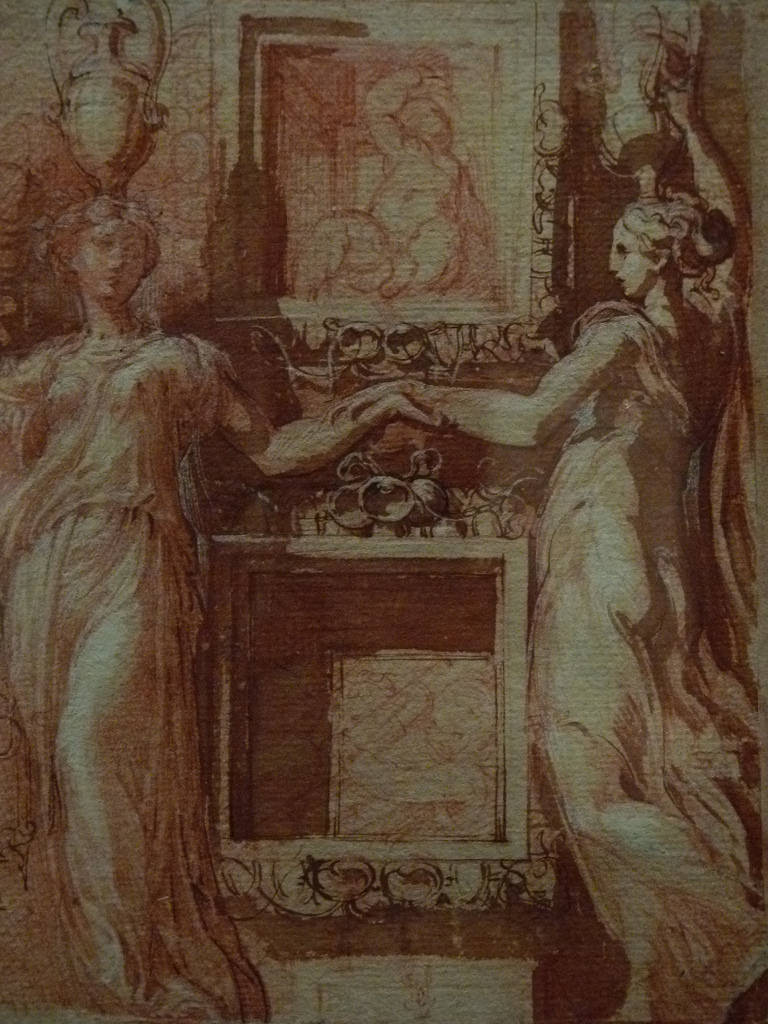
Last week was a heavy one in terms of clinical need. I was completing the latter half of a 12 day stretch and looking back at last week I realised I didn’t do enough self care. I missed my Brazilian Jiu Jitsu (BJJ) session last Monday as I was still feeling the effects of something dodgy I had eaten for lunch on Sunday. The instant weight loss was accompanied by instant energy loss from 36 hours of food poisoning.
My supervisor has been away for over a month and I am overdue for a professional supervision session, which I usually attend at least monthly. There are some months which are harder going in which I may need two sessions a month, and at times when it is especially severe even weekly sessions. The sessions allow me to reflect on my practice and how it affects me. I learn a lot from the sessions and have been attending regular sessions for the past 12 years. They have helped me become a better practitioner and are an important self-care practice.
Seasonal Affective Disorder isn’t usually a problem for me, but after the wettest Auckland July in many, many years I think I developed Rain Affected Despair. No it’s raining again, and again, and again. The down-pouring clouds have clouded my cognition. The constant humidity has led to this human feeling ‘mid’, as the young folks say. The real issue is I didn’t want my carefully styled hair to get wet after spending hours preparing it each morning. Also less opportunities for sunlight exposure.
I participated in many emotionally heavy conversations with patients and their family members last week. Many tears were shed. There were some tragic cases requiring my skills and some of them were challenging and pushed me to work at the top of my scope of practice. Professionally satisfying but the emotional labour was tiring.
I went without my usual Wednesday BJJ session due to a work commitment. I chose to attend a peer support network session as it only occurs once a quarter. It was good but took out another two hours from my day. I missed the physical aspect of BJJ but also the social aspect of catching up with club-mates.
By Friday, day 12, I was worse for wear and in need of a rest. The perfect storm had blown into my town and reminded me of my mere humanity. I have limits and am not a tireless robot. I will work on my self-care more this week, as I really need to.


